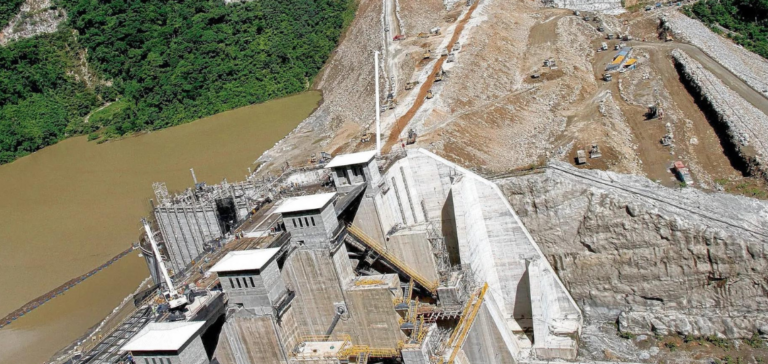The Compagnie Nationale du Rhône (CNR) recently unveiled the Rhônergia project, which envisages the creation of a hydroelectric dam between the Ain and Isère rivers. Scheduled for completion in 2033, the 330-million euro project includes a factory dam and a 22-kilometer reservoir on the Rhône. With an annual production capacity of 140GW/h, the infrastructure aims to supply electricity to the equivalent of 60,000 inhabitants, promising a significant impact in the fight against climate change and for French energy independence.
Local Concerns and Opposition
However, the project is not unanimously supported. A group of opponents in Saint-Romain-de-Jalionas is criticizing the environmental impact, arguing that the work will irreparably damage the last wild kilometers of the Rhône. The petition also highlights the exorbitant cost of the project, casting doubt on the balance between investment and expected benefits.
Consultation process and outlook
In an effort to ensure transparency, the Commission nationale du débat public (CNDP) will oversee a public consultation from December 1, seeking to gather a wide range of opinions. Jacques Archimbaud, CNDP guarantor, hopes for an impassioned but respectful debate, reflecting the complexity and diversity of the issues surrounding Rhônergia. This debate is part of a long decision-making process, with a conclusion expected in 2027 and a possible start to construction in 2029.
The Rhônergia project represents a significant initiative in France’s energy trajectory, combining the promise of innovation with environmental challenges. As the public debate gets underway, the future of this project remains in the balance, illustrating the tension between sustainable development and conservation of the natural environment.






















